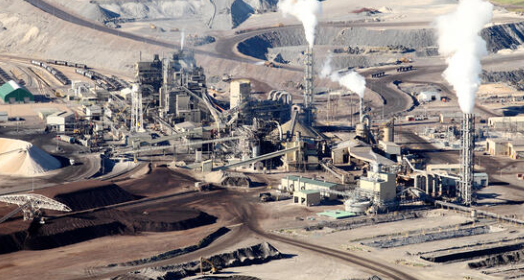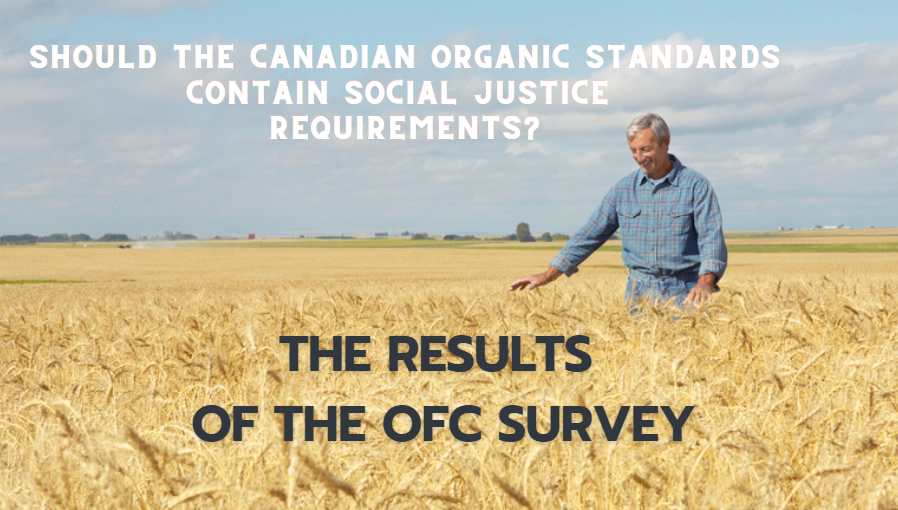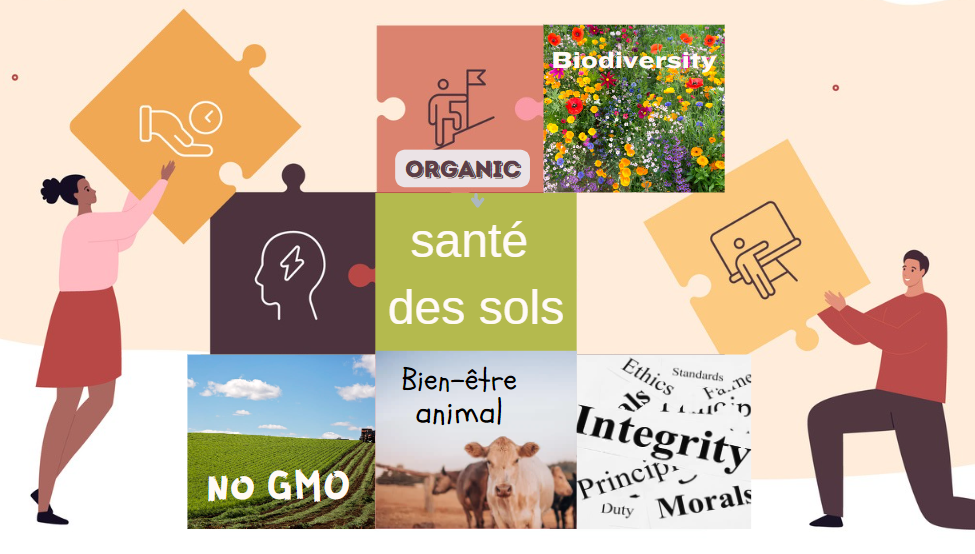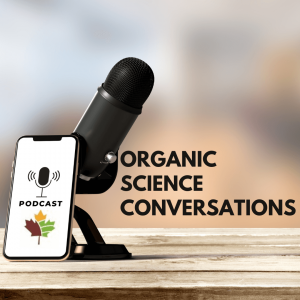AAFC Policy Consultation
It’s Time to Push For a Canada Organic Program
Though organic practices play a crucial role in mitigating climate change, there is currently no permanent funding for the maintenance and review of the Canadian Organic Standards that are referenced by law and defining ecological agriculture as the basis of the whole industry.
The Next Policy Framework (NPF) is an opportunity for Canadians to weigh in on Government policy concerning our national agriculture and agri-food sector.
Now is the time to push for the creation of a
Canada Organic Program!
Agriculture and Agri-Food Canada is seeking consultation on how to make Canada a world-leader in agriculture and agri-food, specifically targeting action on climate change as well as effective programs and government investments that support the agricultural sector and producers. Organics proposes solutions!
Canada is the 6th largest organic producer in the world, with continued growth of up to 8.1 billion in sales in 2020. It’s safe to say that Organic is no longer a ‘niche’ market, and if organic stakeholders want to have their say, this is the opportunity.
Don’t miss this opportunity to let AAFC know that Canada’s organic sector needs permanent, reliable funding.
The governments of our main trading partners (USA, EU) are funding their organic sectors and it is time that Canada does the same.
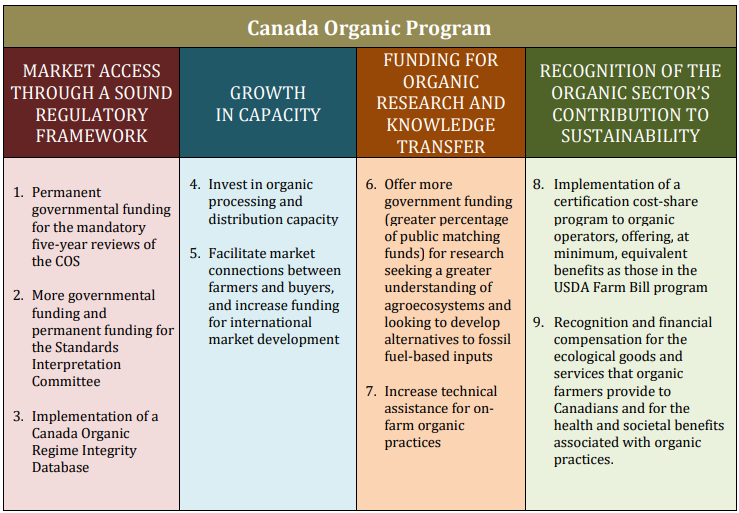
Email: aafc.npf-pcs.aac@agr.gc.ca
Mail to:
Next Policy Framework
Agriculture and Agri-Food Canada
1341 Baseline Road, Tower 7
Floor 5, Room 300
Ottawa, ON
K1A 0C5
Or join the discussion on social media
- Twitter @AAFC_Canada or use #AgNPF
- Facebook at Agriculture and Agri-Food Canada Facebook
Soil quality critical to help crops weather heat stress
Results from a 30-year study in USA
Keeping soil healthy is a key component needed to adapt to the climate crisis,” says Debjani Sihi, assistant professor in Emory’s Department of Environmental Sciences
Emory News Center
Sihi comments that healthy soil contains microbes that provide the nutrients needed for healthy plants to grow, while also helping make the plant foods that we eat more nutritious.
The presence of these microbes also improves the ability of soil to sequester carbon. The top 30 centimeters of the world’s soil contains about twice as much carbon as the entire atmosphere, making soil the second-largest natural carbon sink after oceans, according to the United Nations’ Food and Agriculture Organization.
“The take-home message,” Sihi says, “is that farmers in regions facing added heat stress for their crops may want to proactively focus on the water-holding capacity of their soil.”
Clay soil and soil rich in organic material holds water better than sandy soil, she explains. So farms with sandy soil, or with soils containing less organic material, may want to add more amendments to improve the water-holding capacity of the land. Another possible adaptation is to use more mulch to reduce evaporation.
The researchers hope that their findings will help farmers,
land-management specialists and policy makers
in decision-making related to sustainable and long-term soil-,
water- and crop- management practices. – Emory News Center
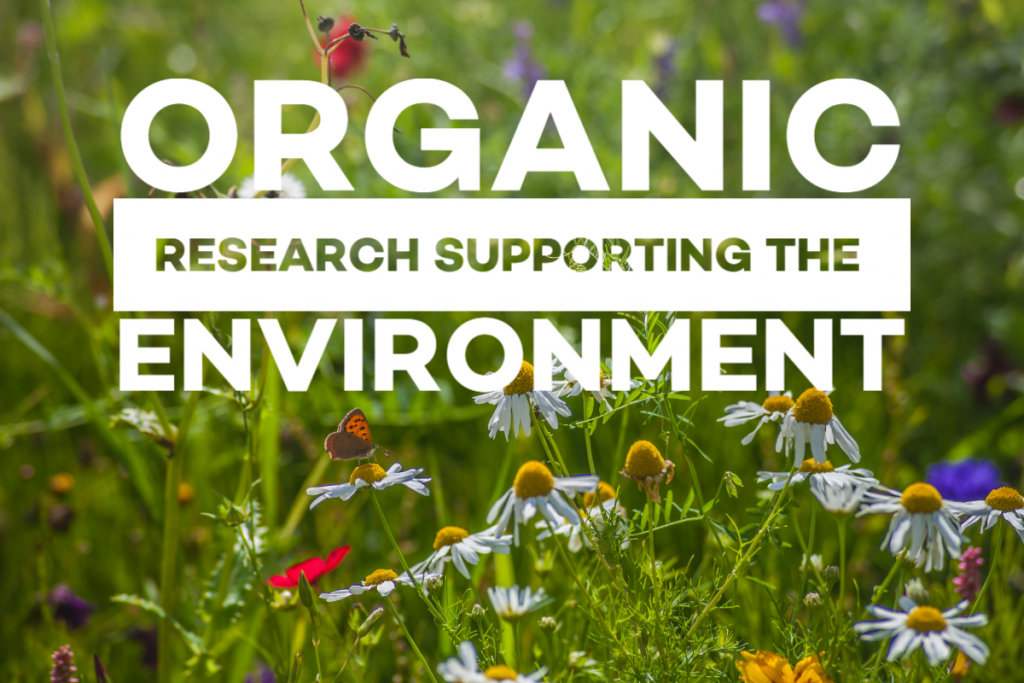
Have you ever wondered which Organic Science Cluster (OSC) initiatives are focused on environmental benefits?
Organic practices play an integral role in enhancing soil health, providing habitat for declining pollinator populations as well as mitigating impacts from our changing climate.
Learn more about the OSC3 activities that are specifically exploring the impact of organic production systems on our environment.
Activity 26: The effects on soil biology, soil chemistry, and water quality of amending organically managed soils with struvite
Activity 27: Soil health in organic tillage-based systems
Activity 28: Increasing pollination, biological control and beneficial insect diversity farms using flowering habitats
Activity 29: Net life cycle greenhouse gas emissions of Canadian organic field crop production systems

Canada’s National Organic Week is the largest annual celebration of organic food, farming and products across the country. Hundreds of individual events showcase the benefits of organic agriculture and its positive impact on the environment.
Click here to learn more and participate!



